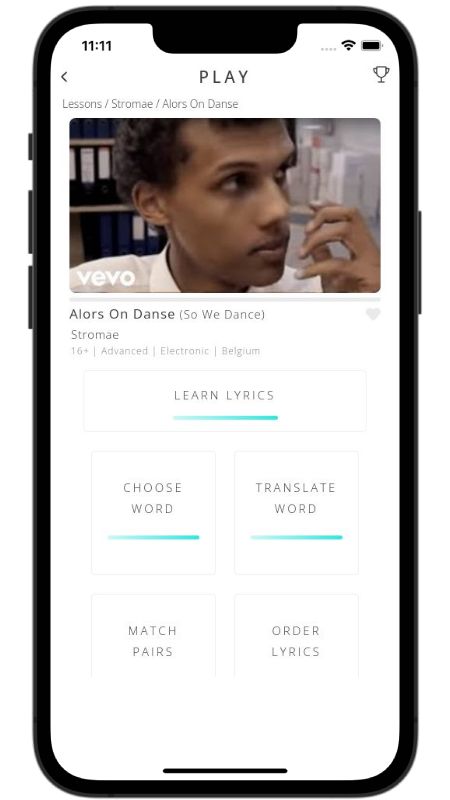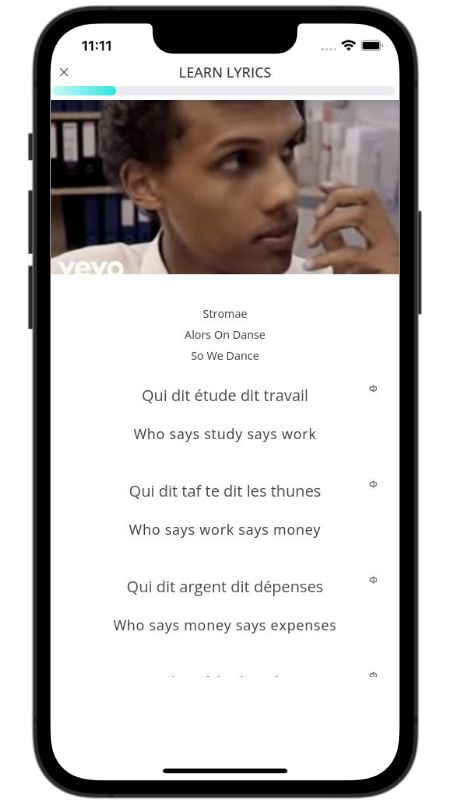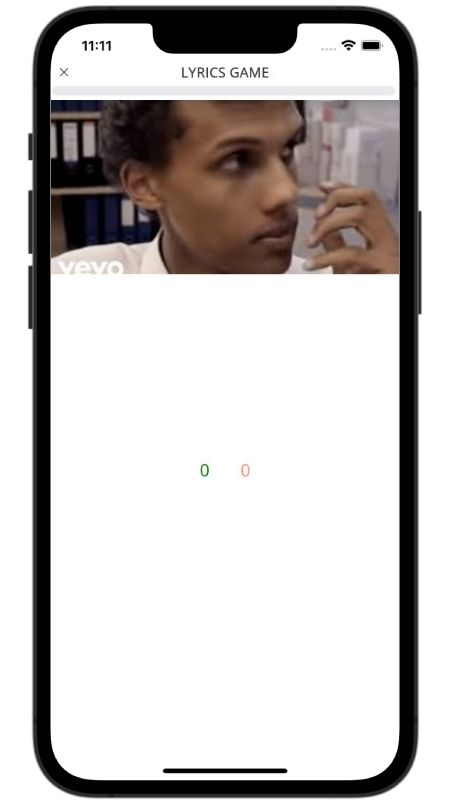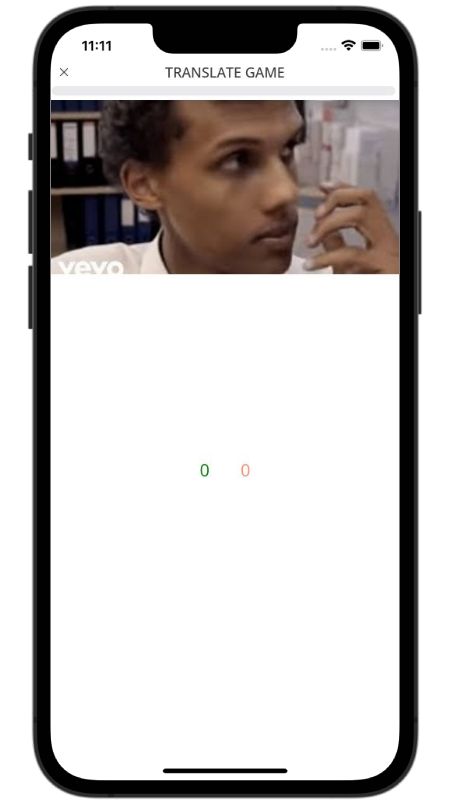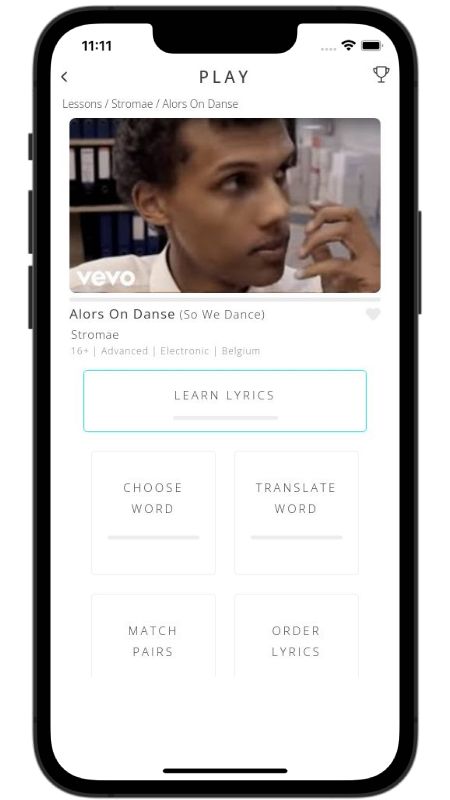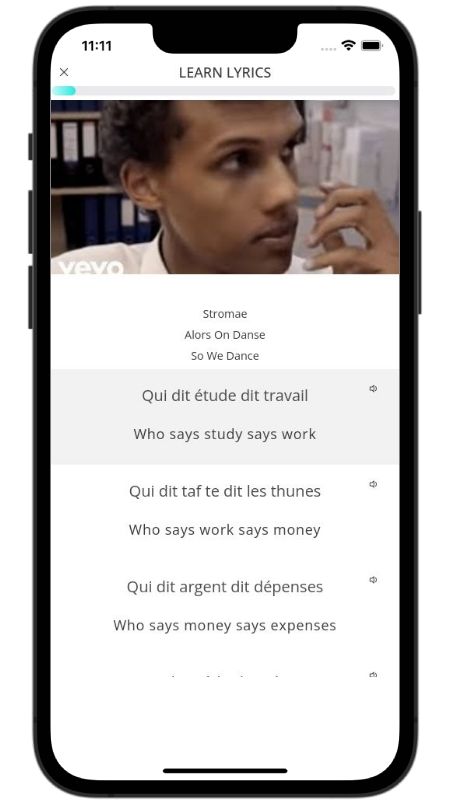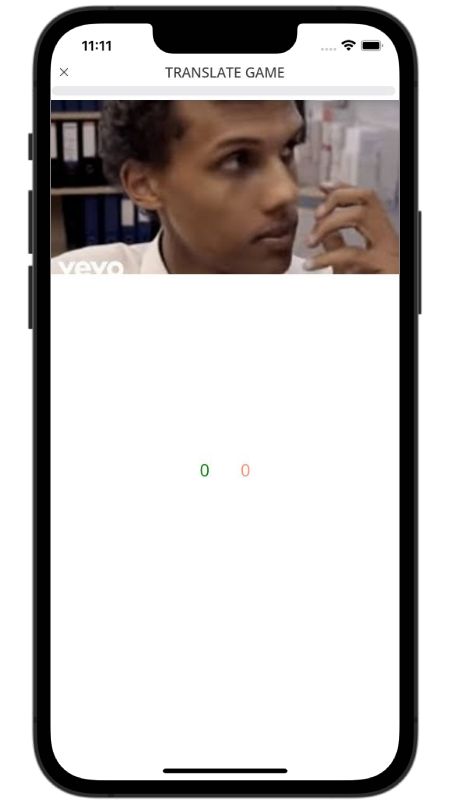Tout Le Monde Lyrics in English Corneille
Below, I translated the lyrics of the song Tout Le Monde by Corneille from French to English.
I'm just a man
So I've got a phobia of shadows
I get outraged at everything
And hardly anything's my fault
The problem's everybody else
And while my wisdom reasons
A kid dies in the Congo mines
On my iPhone I talk about the world, yeah
My friends
Faced with the dilemma
Of my ego
I have only one answer
That I love you
We're everybody and nobody at the same time
We dream the world, we tear it apart at the same time
We're all chasing instant happiness
I act like you
You act like me
We take what we're given and learn the rest
We're made of prayers and our childhood wishes
We're made of yesterday, all prisoners of time
But who's like you?
Who's like me?
Nobody
And everybody
I'm just a man
So I'm scared of the void
So I don't disappear
I had kids
I'm aiming for eternity
I'm generous
A generous egoist
Say thanks or I'll delete you from my list
I can love you unconditionally, just admit I exist
My goodness
My goodness
Faced with the dilemma
Faced with the dilemma
Of my ego
Of my ego
I have only one answer
That I love you
We're everybody and nobody at the same time
We dream the world, we tear it apart at the same time
We're all chasing instant happiness
I act like you
You act like me
We take what we're given and learn the rest
We're made of prayers and our childhood wishes
We're made of yesterday, all prisoners of time
But who's like you?
Who's like me?
Nobody
Who am I to judge?
And everybody
Who am I to judge?
Nobody
Who am I to judge?
And everybody
Who am I to judge?
We've all got a dad who's not really there
Or a mom who doesn't get us
We've all had a love that wasn't really it
We've all stood up one day, all hope in hand
We're all on our knees under the same kings
We're looking for the same god we can't find
Who am I to judge?
We're everybody and nobody at the same time
We dream the world, we tear it apart at the same time
We're all chasing instant happiness
I act like you
You act like me
We take what we're given and learn the rest
We're made of prayers and our childhood wishes
We're made of yesterday, all prisoners of time
But who's like you?
Who's like me?
Nobody
Lyrics and Translations Licensed & Provided by LyricFind
Did you like this lyrics translation?
Did you know?
In addition to reading lyric translations, you can now learn French with music and lyrics from your favorite artists.
No more boring lessons. You can now learn with engaging and culturally relevant lyrics from the best artists.
Apple and App Store are trademarks of Apple Inc.
Google Play and the Google Play logo are trademarks of Google LLC.
iOS AppAndroid AppWeb LessonsFree PDF WorksheetsJoin ClassroomLyrics TranslationBlogAbout UsBuy as GiftLifetime
